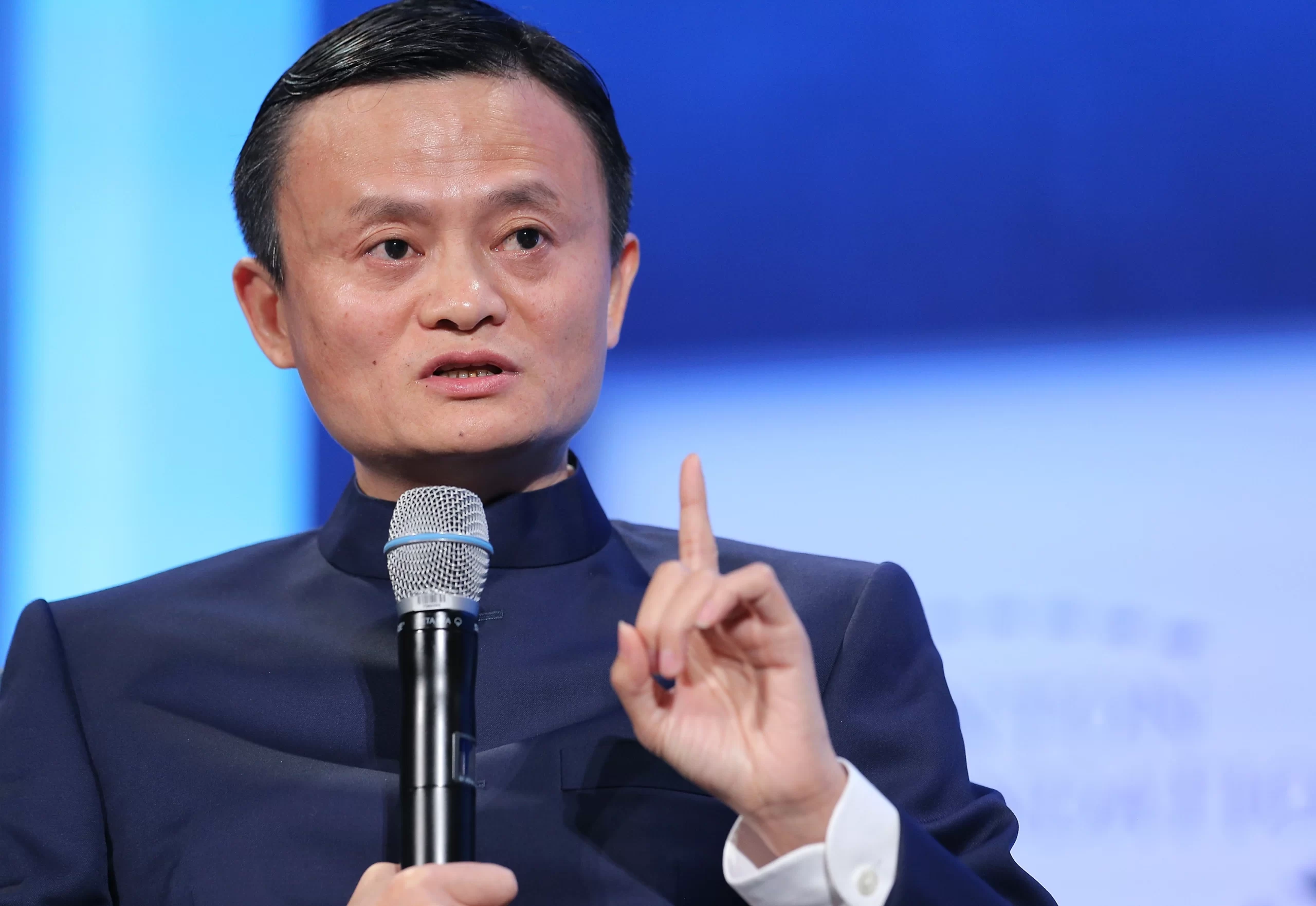Jack Ma, a Chinese billionaire and tech mogul, intends to cede control of Ant Group, a fintech juggernaut intimately linked to Alibaba, the e-commerce giant he founded, after more than a year of severe scrutiny from the Chinese government.
If successful, the move will mark another significant turning point in Ant’s ongoing reorganisation and power juggling that has been going on since China put off its initial public offering of $35 billion over two years ago.
The Amendment Process
Ant’s initial public offering (IPO), which at the time would have been the most prominent public listing anywhere in the world, was halted by Chinese authorities in November 2020. Subsequently, the Chinese authorities ordered Ant to undergo a “rectification” process that would subject the company to the same financial regulations governing traditional banks.
Until then, Ant, like many other Chinese internet companies, had been expanding fast in a relatively lax atmosphere regarding regulatory requirements. Alipay, which dominates China’s mobile payment market in a duopoly shared with Tencent’s WeChat Pay, was one of the many multi-billion dollar fintech businesses born from the company.
 Additionally, the company spawned a money market fund that became the largest in the world and a lucrative microlending business at one point in time.
Additionally, the company spawned a money market fund that became the largest in the world and a lucrative microlending business at one point in time.
According to Justin Tang, the head of Asian research at United First Partners, “Jack’s resignation will significantly reduce the key man risk hanging around Ant’s neck.” he also said that “While there will be a waiting period for Ant with this change, it won’t matter much because the weak markets will mean that Ant isn’t in a rush to be listed,”
According to the Chinese financial authorities, Ant should “return to its roots in payments and bring more transparency to transactions; obtain the necessary licences for its credit businesses and protect user data privacy; establish a financial holding company and ensure that it holds sufficient capital; revamp its credit, insurance, wealth management, and other financial businesses following the law; and step up compliance for its securities business.”
Ant is no indication that it will revive its intentions to conduct an initial public offering soon. The company stated in June that it “does not have any plans to initiate an IPO” and that it was “focused on steadily moving forward with our rectification work,” denying a report from Bloomberg that Chinese regulators were considering reviving the company’s IPO as they eased their crackdown on the tech industry. The report stated that Chinese regulators were considering reviving the company’s IPO as they relaxed their crackdown on the tech industry.
Jack Ma’s Disappearance
Ma, who controls Ant, has mostly disappeared from public view since giving a speech that criticised regulators on the eve of the scuttled Ant IPO. Then, the Chinese government regulatory agencies took offence to Ma’s speech and cracked down on his corporate empire as retaliation.
First, Chinese authorities prevented Ant Group’s giant $37 billion IPO and demanded that the company redesign its lending operation to comply with capital requirements. A few months later, Alibaba Group was the target of an anti-monopoly probe, and all of these events forced him to keep a low profile, giving the impression that he had been missing for some time.
Is it Time to say goodbye to the era of Jack Ma?
Ant was formerly a payments processor for Alibaba, but in 2011, Jack Ma, who was the online retailer’s CEO at the time, split it off as its own company. The event was claimed to have occurred while Alibaba shareholders Yahoo and SoftBank were in the dark, resulting in significant criticism. Ma provided his reasoning for the move by stating that it was essential for the company to obtain a payment licence to operate in China, which the company would not have been able to do without foreign stockholders.
Following that, the siblings initiated a profit-sharing agreement that required Ant to pay Alibaba “royalty and technology service fees” equal to 37.5 per cent of its pre-tax profits each quarter. This arrangement lasted until 2018 when Alibaba bought a third of Ant. The relationship between the two companies has been mutually beneficial, with Ant’s Alipay app being extensively included in Alibaba’s suite of retail services and Alibaba’s financial services being promoted to merchants operating on Ant’s marketplaces.
Ma began making preparations for his gradual withdrawal from Alibaba’s day-to-day operations almost a decade ago, at which time he also established a partnership structure to facilitate a seamless transition from one generation to the next. He resigned from his position as CEO of Alibaba in 2013 and retired from his role as chairman in 2019. As of 2020, the company’s creator held less than 5 per cent of the e-commerce powerhouse.
However, Ma has maintained his position as Ant’s most important shareholder. The company’s initial public offering (IPO) prospectus from 2020 revealed that the company’s founder controlled an entity that held 50.52 per cent of the company’s shares.
According to a report, Ant alerted regulators of Ma’s desire to surrender control of the company as the business prepared to transform into a financial holding company. The regulators did not mandate the adjustment but have “given their okay” to it. According to the article, Ma may be planning to transfer Ant shares to some of the company’s other leaders, such as CEO Eric Jing.




